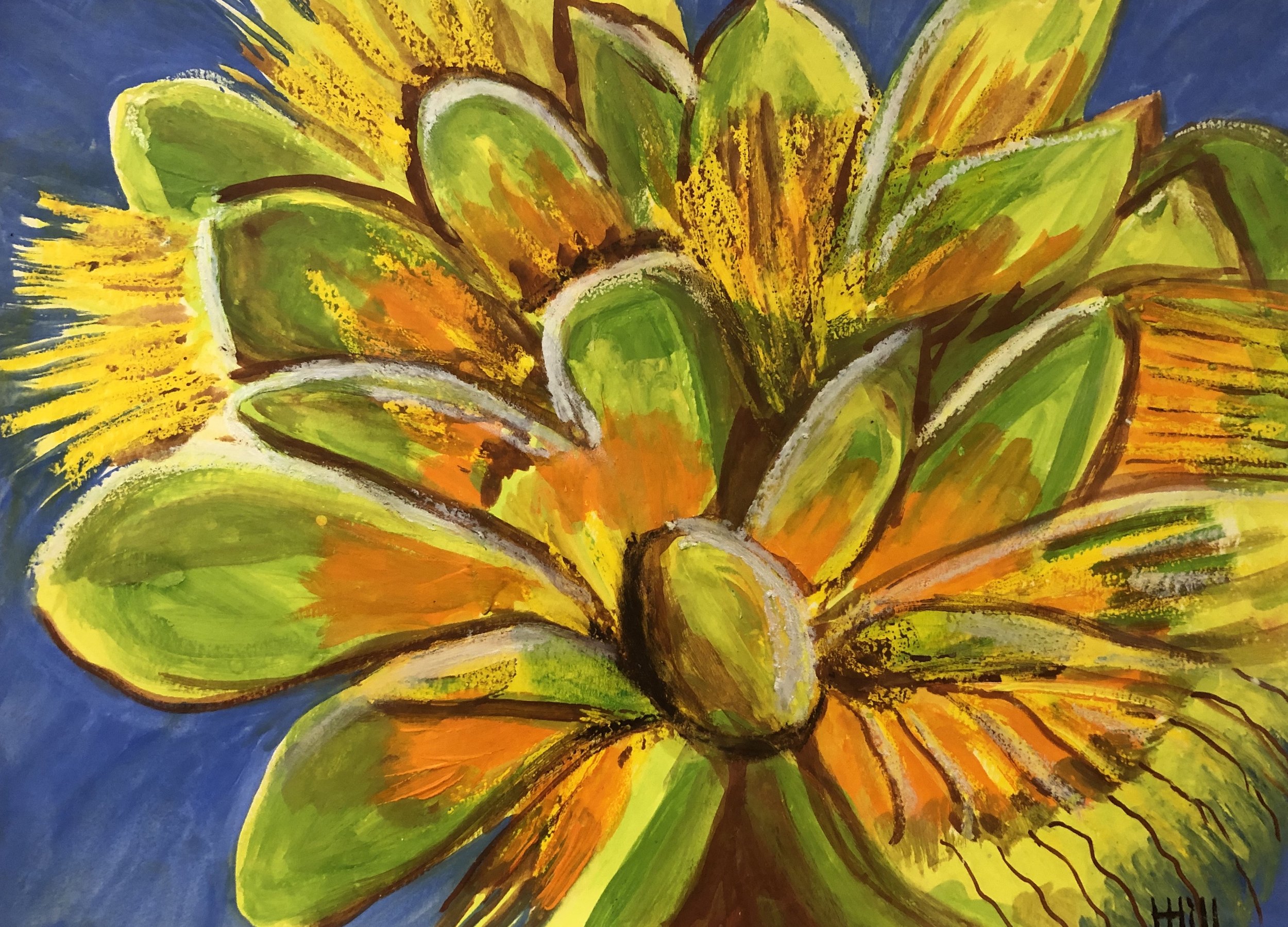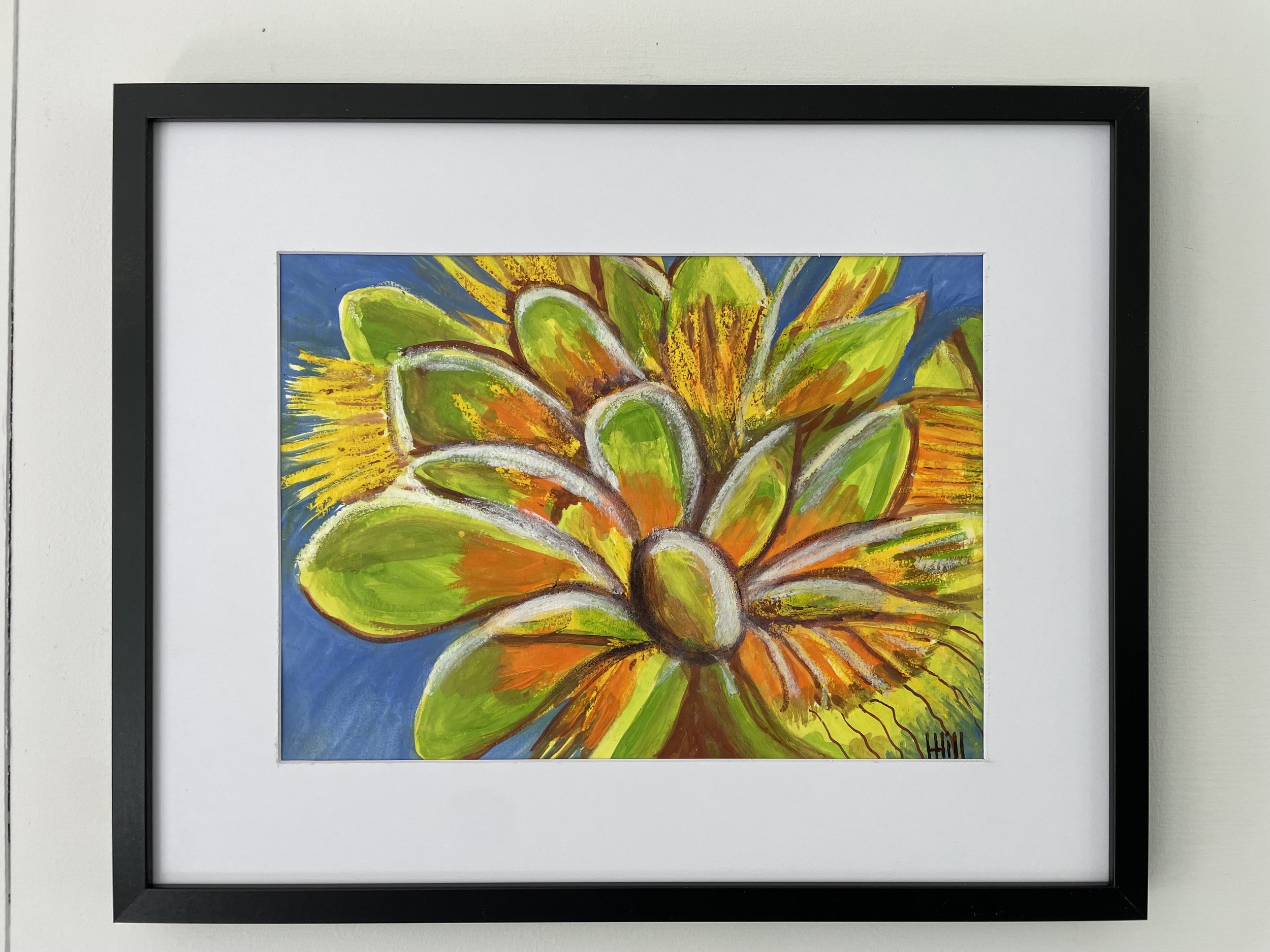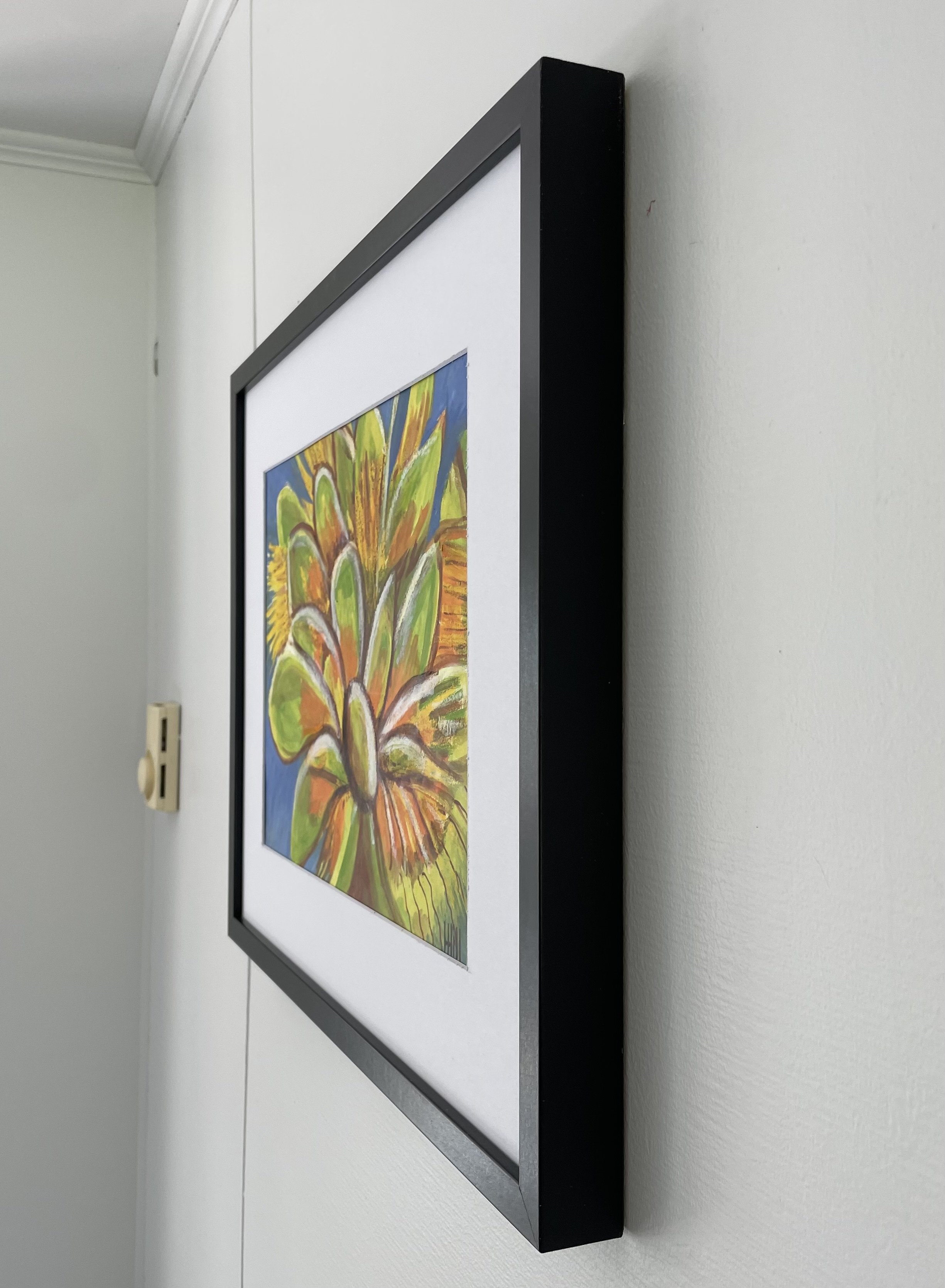 Image 1 of 3
Image 1 of 3

 Image 2 of 3
Image 2 of 3

 Image 3 of 3
Image 3 of 3




Poplar Tulipish
We were living in Africa, helping people achieve their goal of having the Bible in their language—not only to translate it into their language but, more importantly, into their lives.
We relied on friends and family members for our income to accomplish this mission.
Our organization received the gifts, kept out some for stateside costs (health insurance, etc.) and sent the rest on to us each month.
Some months, we were surprised by generous gifts.
And some months, so little came in there was nothing to send on to us after the stateside costs.
And here we were, a family of five on the other side of the world, engaged in this noble project.
The financial stress kept me awake in the night. How will we make it?
Scary scarcity. Not having enough.
Somehow, by God’s grace, we never missed a meal. And compared to many around us, we were wealthy.
Meanwhile, papaya trees all around us grew on their own in a matter of months, producing so much fruit we couldn’t eat it all. And each papaya had hundreds of black shiny seeds that could grow more trees.
Lavish abundance.
Creation is full of excess, to the point of being wasteful: papaya trees in forests that no one ever sees, their fruit rotting on the ground.
In contrast, our society revolves around the exchange of the scarce commodity of money. Everything can be reduced to a dollar amount. We compete for it, and define our worth by it, and it seems there’s never enough.
I’m donating this painting, Poplar Tulip-ish, to a local non-profit that provides housing to vulnerable women who, for whatever reason, find themselves in a hard place.
Poplar Tulips grow so high on trees, it’s hard for anyone to even know they’re there. The clue is the flowers that have fallen to the ground. Lavish abundance, beyond what we can ask for or think.
While we need dollars for daily survival, we need beauty to feed out souls so that we can continue to have hope, and to know that we have value as part of God’s good creation, regardless of our financial status.
There’s peace and dignity in that space.
We were living in Africa, helping people achieve their goal of having the Bible in their language—not only to translate it into their language but, more importantly, into their lives.
We relied on friends and family members for our income to accomplish this mission.
Our organization received the gifts, kept out some for stateside costs (health insurance, etc.) and sent the rest on to us each month.
Some months, we were surprised by generous gifts.
And some months, so little came in there was nothing to send on to us after the stateside costs.
And here we were, a family of five on the other side of the world, engaged in this noble project.
The financial stress kept me awake in the night. How will we make it?
Scary scarcity. Not having enough.
Somehow, by God’s grace, we never missed a meal. And compared to many around us, we were wealthy.
Meanwhile, papaya trees all around us grew on their own in a matter of months, producing so much fruit we couldn’t eat it all. And each papaya had hundreds of black shiny seeds that could grow more trees.
Lavish abundance.
Creation is full of excess, to the point of being wasteful: papaya trees in forests that no one ever sees, their fruit rotting on the ground.
In contrast, our society revolves around the exchange of the scarce commodity of money. Everything can be reduced to a dollar amount. We compete for it, and define our worth by it, and it seems there’s never enough.
I’m donating this painting, Poplar Tulip-ish, to a local non-profit that provides housing to vulnerable women who, for whatever reason, find themselves in a hard place.
Poplar Tulips grow so high on trees, it’s hard for anyone to even know they’re there. The clue is the flowers that have fallen to the ground. Lavish abundance, beyond what we can ask for or think.
While we need dollars for daily survival, we need beauty to feed out souls so that we can continue to have hope, and to know that we have value as part of God’s good creation, regardless of our financial status.
There’s peace and dignity in that space.
11 x 15” gouache and oil pastel. Framed size, 17 x 21”